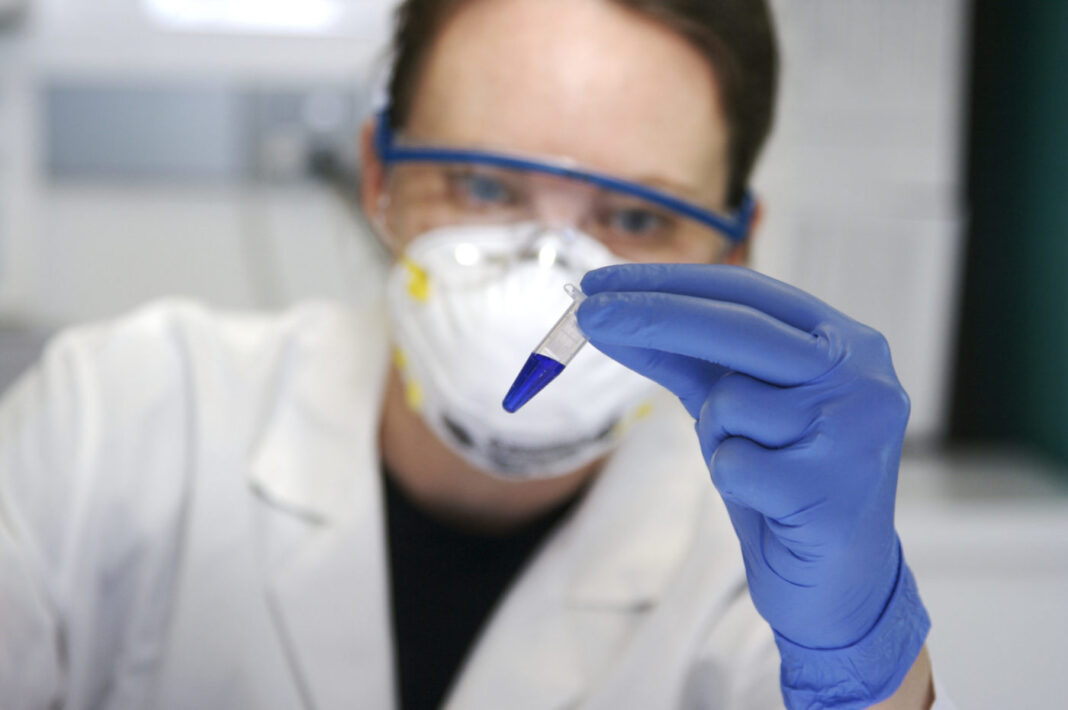Officials at Thermo Fisher Scientific say the company is investing more than $475 million in new capabilities and capacity in 2020 to meet the increasing demand for new biologics, cell and gene therapies, and drug products. This investment, in addition to those made in 2019, brings the total investment over two years to approximately $800 million across the company’s pharma services business.
“We’ve invested strategically to ensure that lack of capabilities, capacity or supply is never a reason medicines are delayed in reaching patients,” said Mike Shafer, president of Thermo Fisher’s pharma services business. “Our offering can provide solutions at all points along the pathway to commercialization, whether it’s an emerging biotech working on vaccine for a novel virus or a high-volume pharmaceutical manufacturer delivering necessary drugs at scale.”
Thermo Fisher’s St. Louis site completed its $50 million expansion, doubling single-use production capacity for biological drug substance development and commercial manufacturing. In July, a new Bioprocessing Collaboration Center will open also within its St. Louis site, where multiple Thermo Fisher businesses will jointly develop new bioprocessing products, workflows and services for customers, according to the company.
Following its acquisition of Brammer Bio, and in direct response to growing demand for new viral vector manufacturing capacity, Thermo Fisher expanded its viral vector development and manufacturing capabilities, opening a new site in Lexington, MA, and expanding sites in Cambridge, MA, and Alachua, FL. Elsewhere, the company will open a new cell therapy development and manufacturing collaboration center in Princeton, NJ, combining pharma services and biosciences expertise from across the Thermo Fisher network. The new cell therapy facility will come online at the same location later this year.
“We will continue making investments so that customers can start with us in development and stay with us throughout the product lifecycle, all the while remaining confident that we’ll continue to capitalize on the broad resources and expertise within Thermo Fisher to provide access to new specialized technology and expertise as the industry evolves and innovates,” added Shafer.


